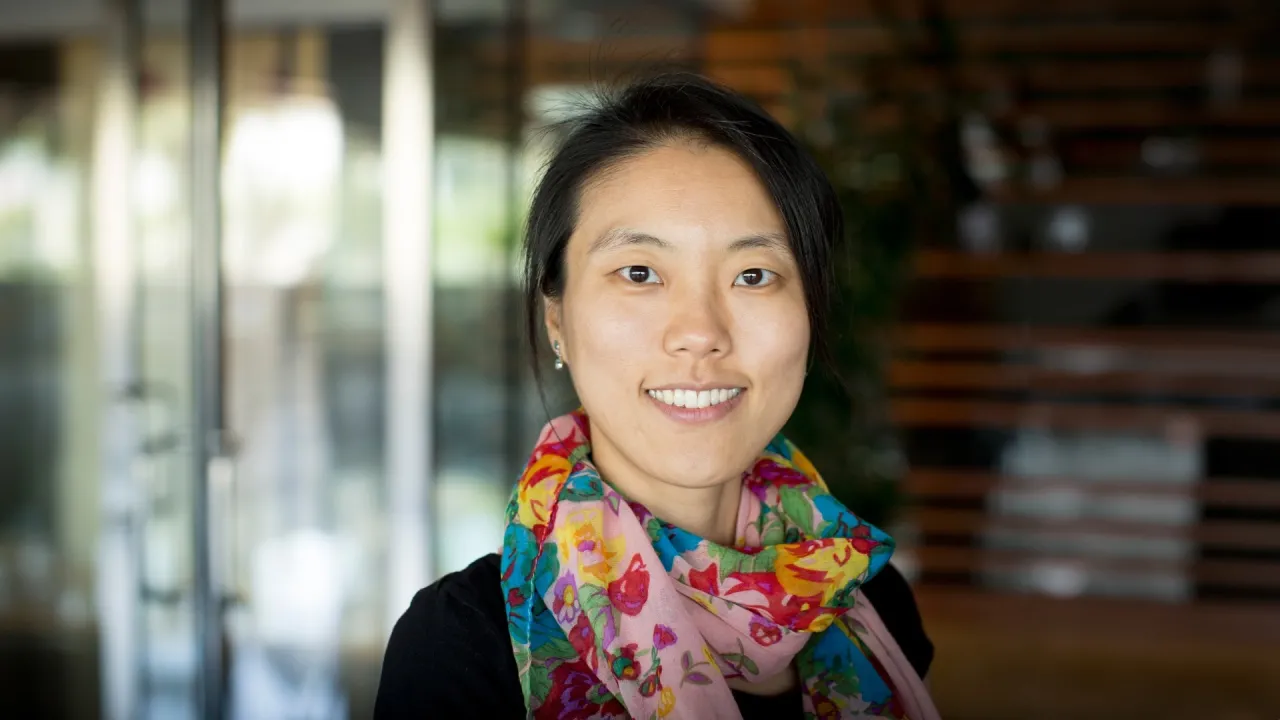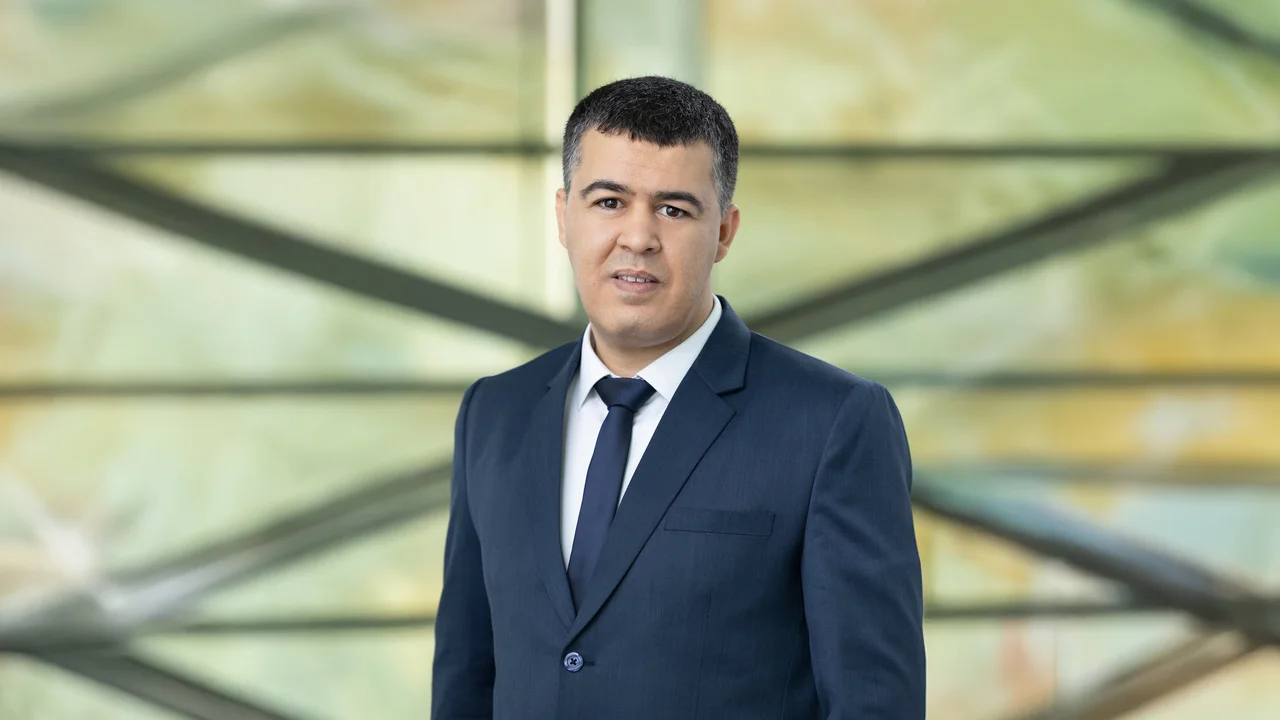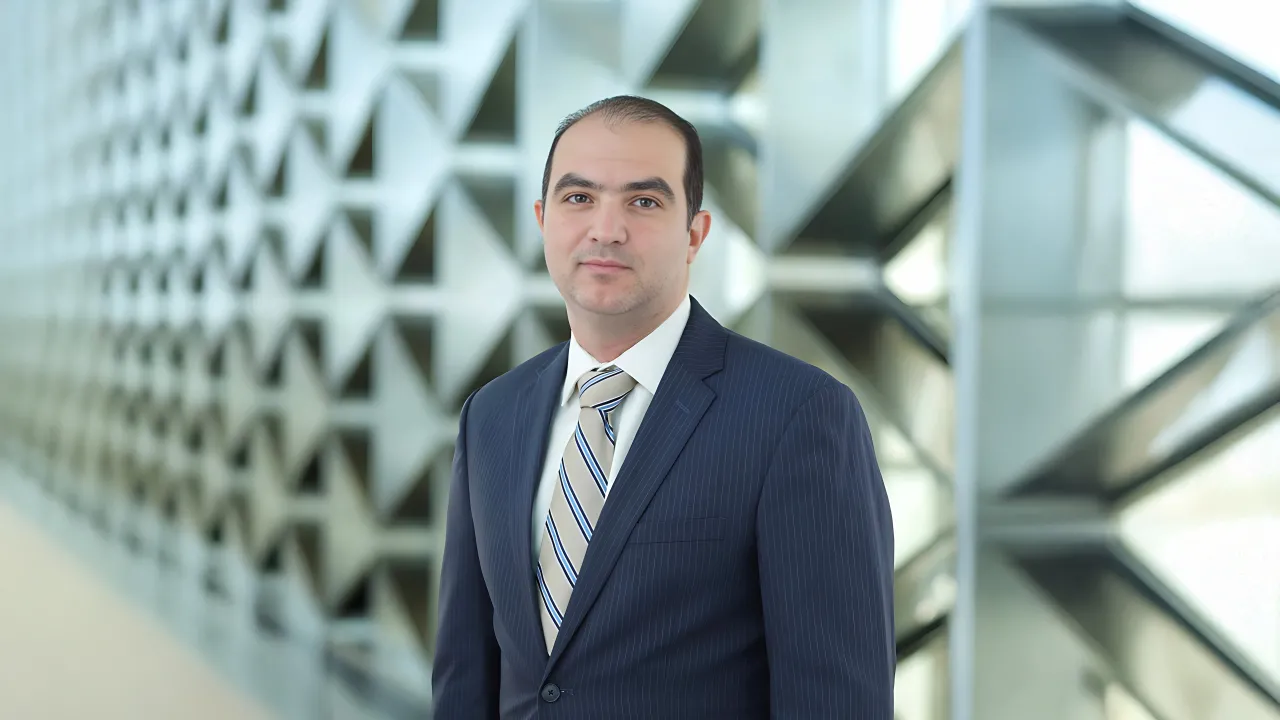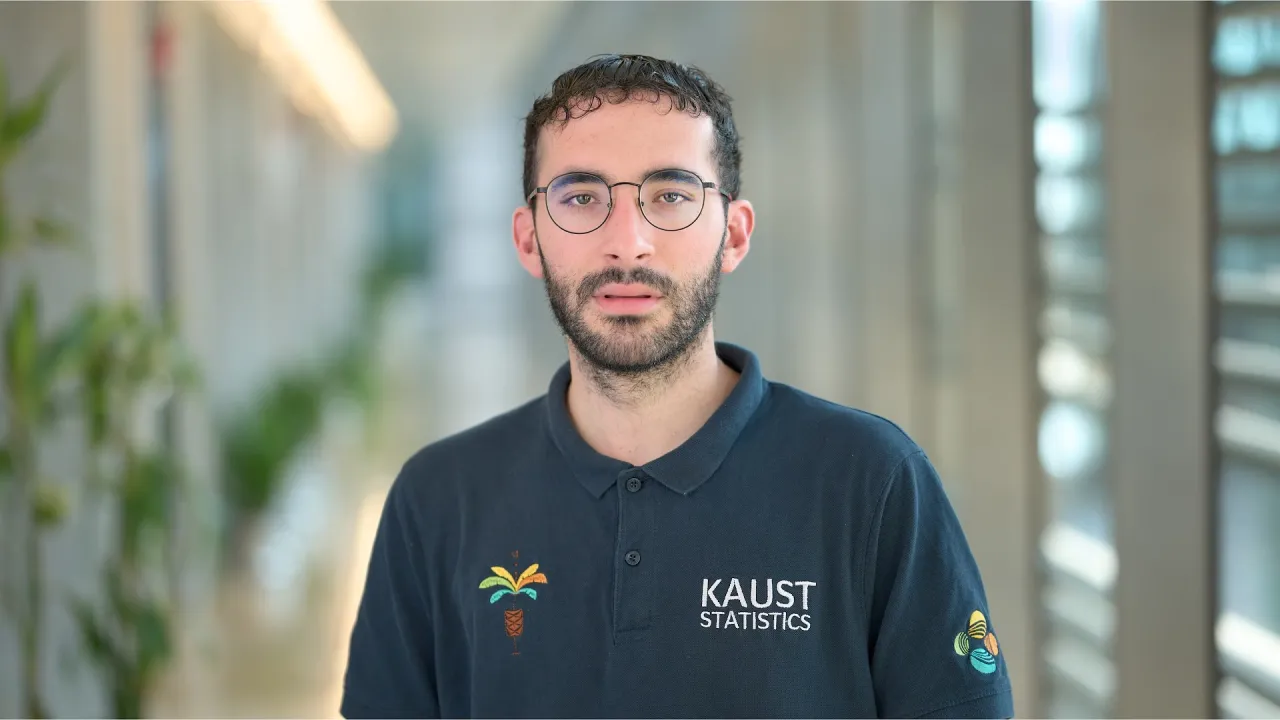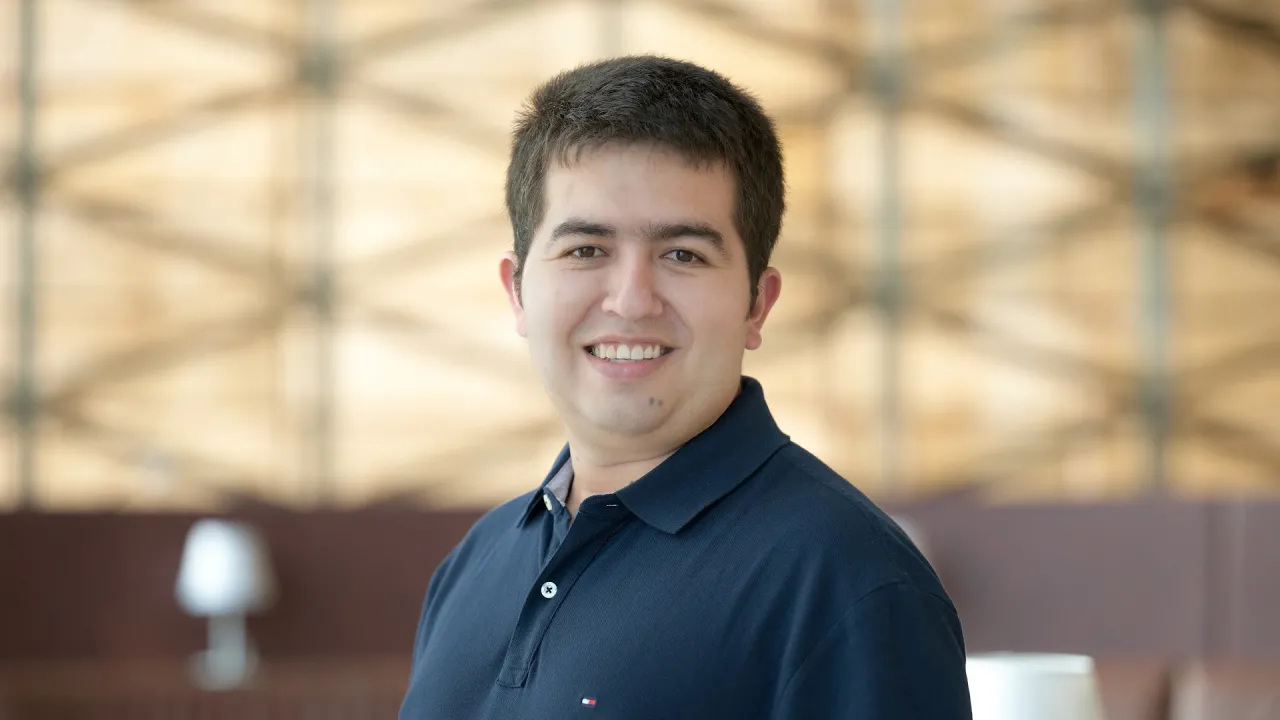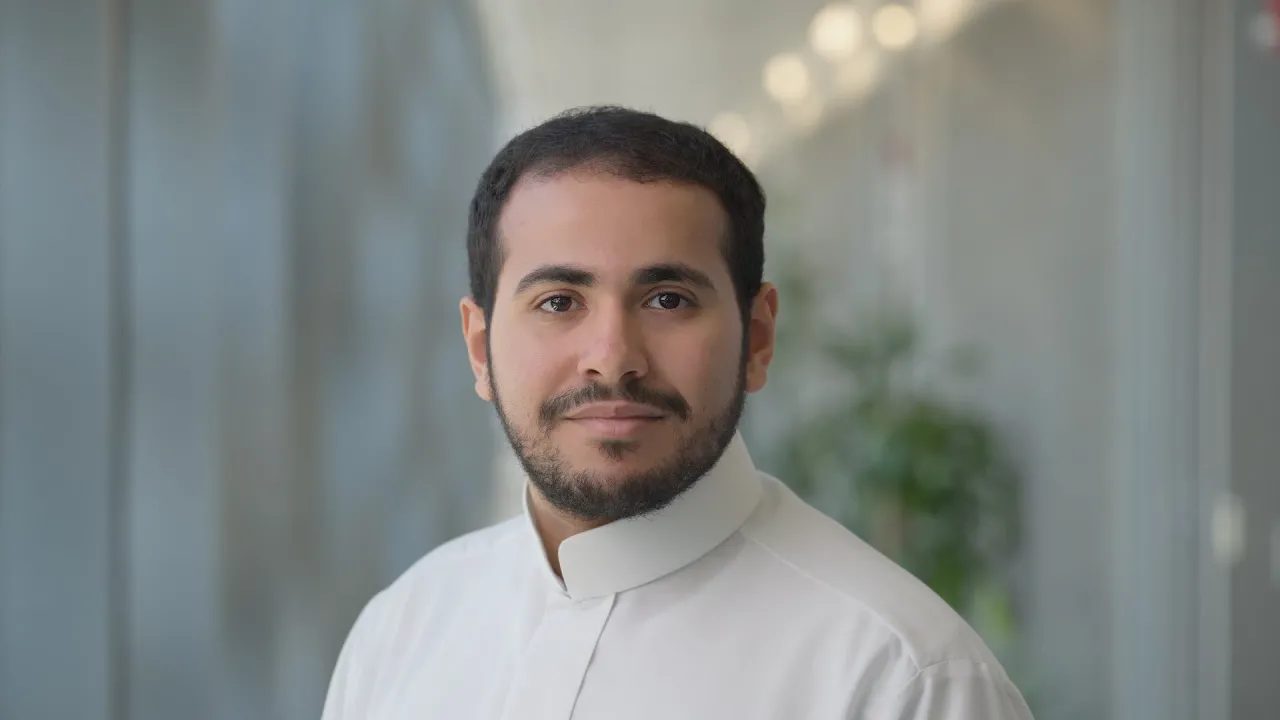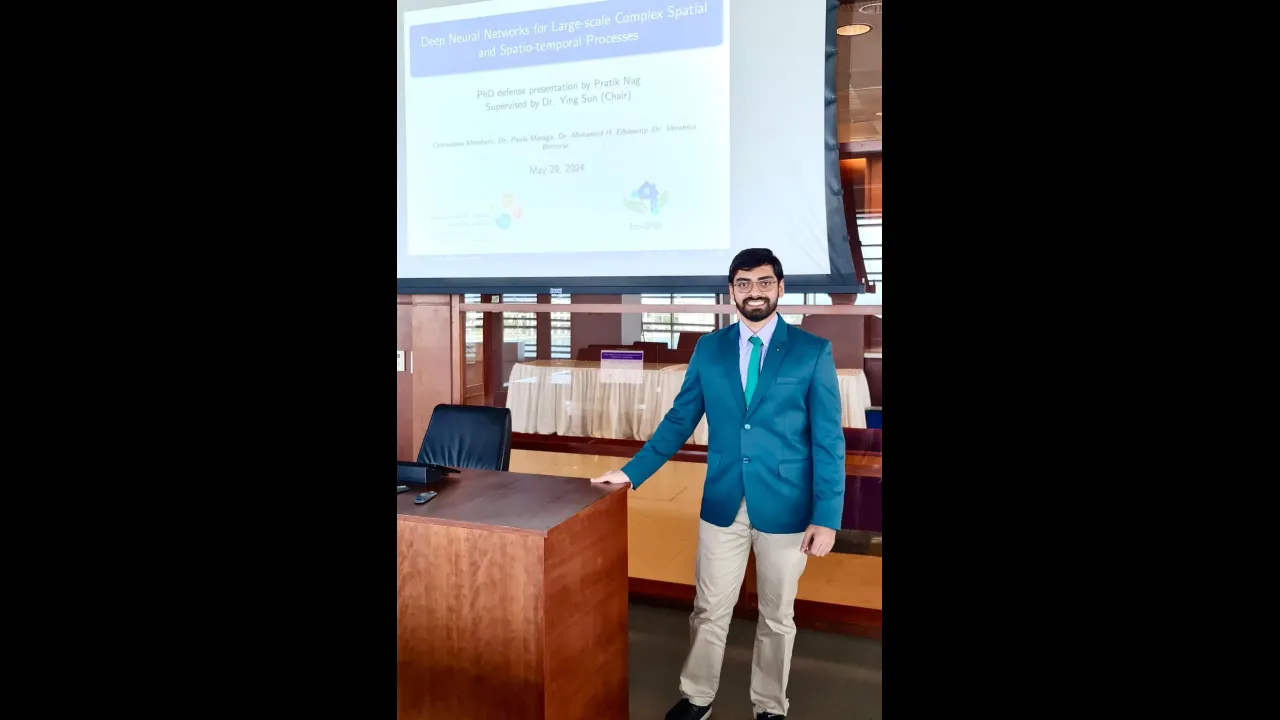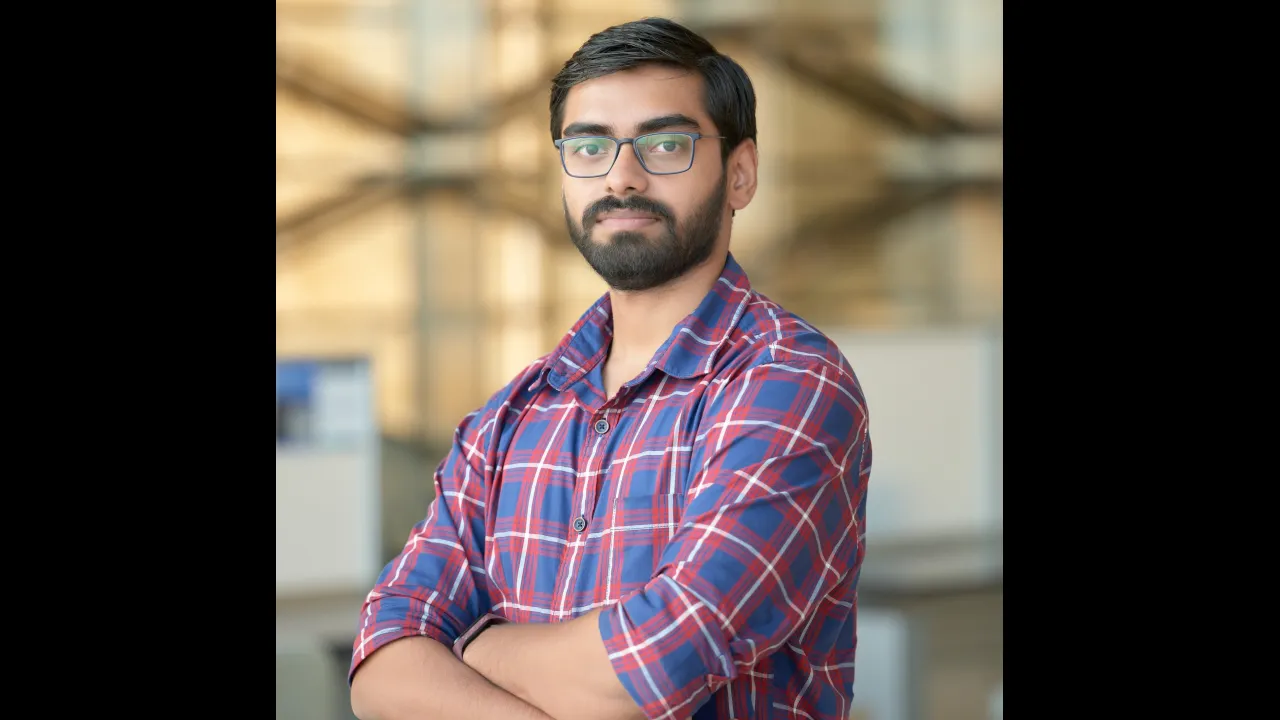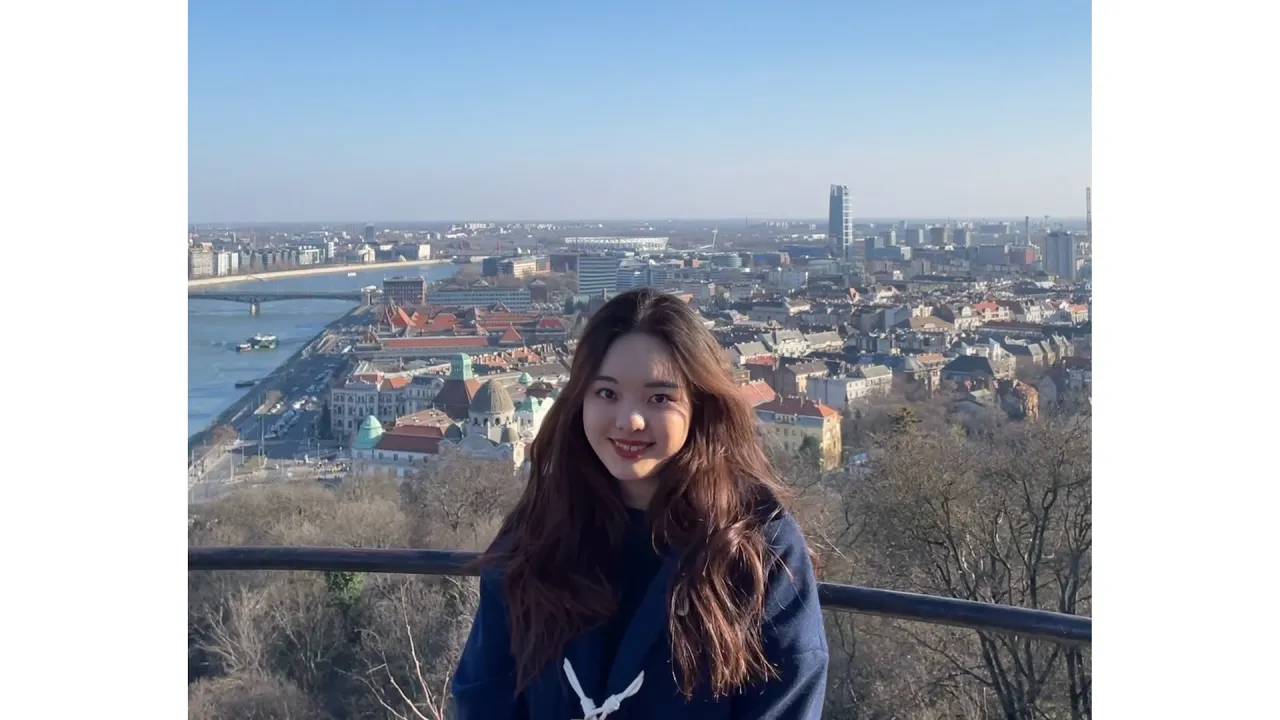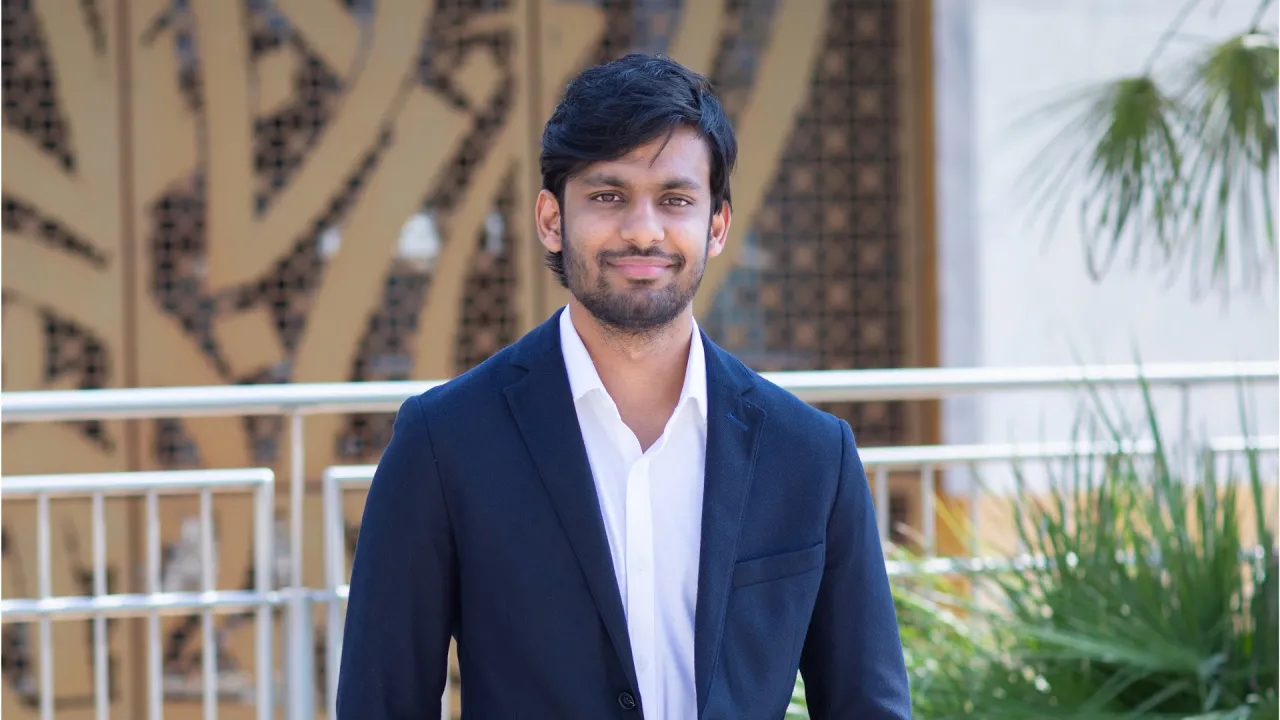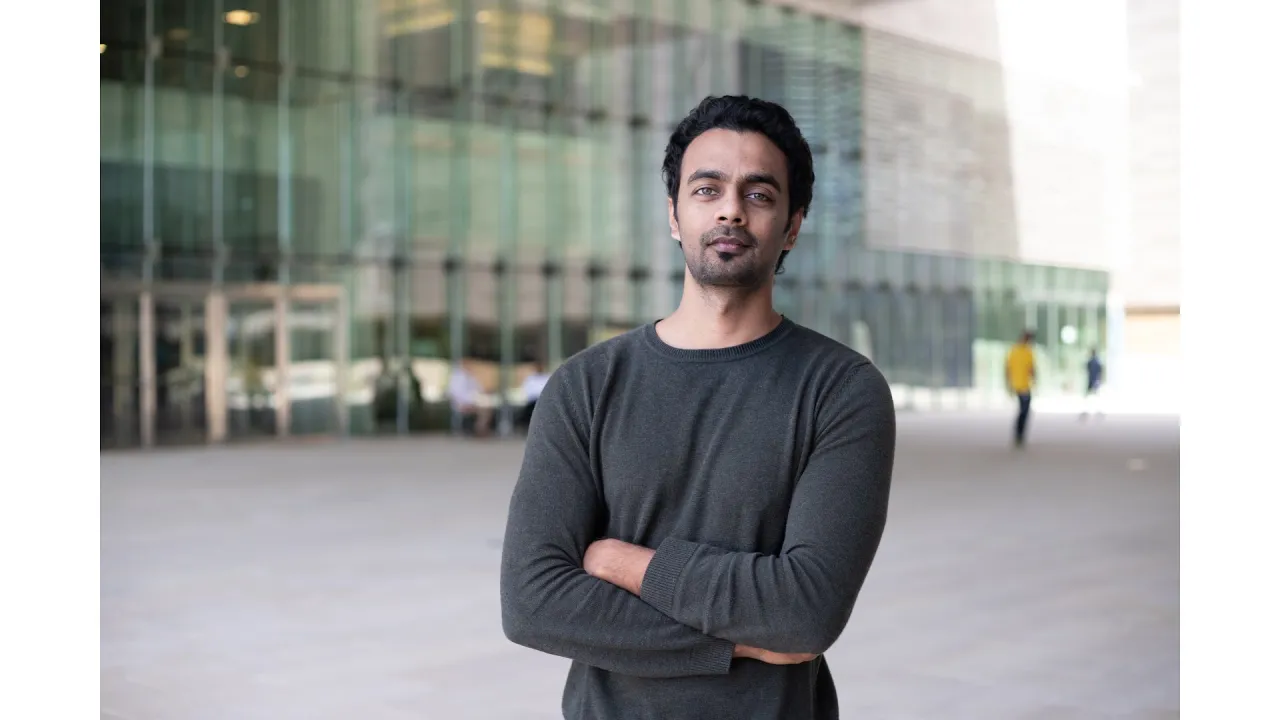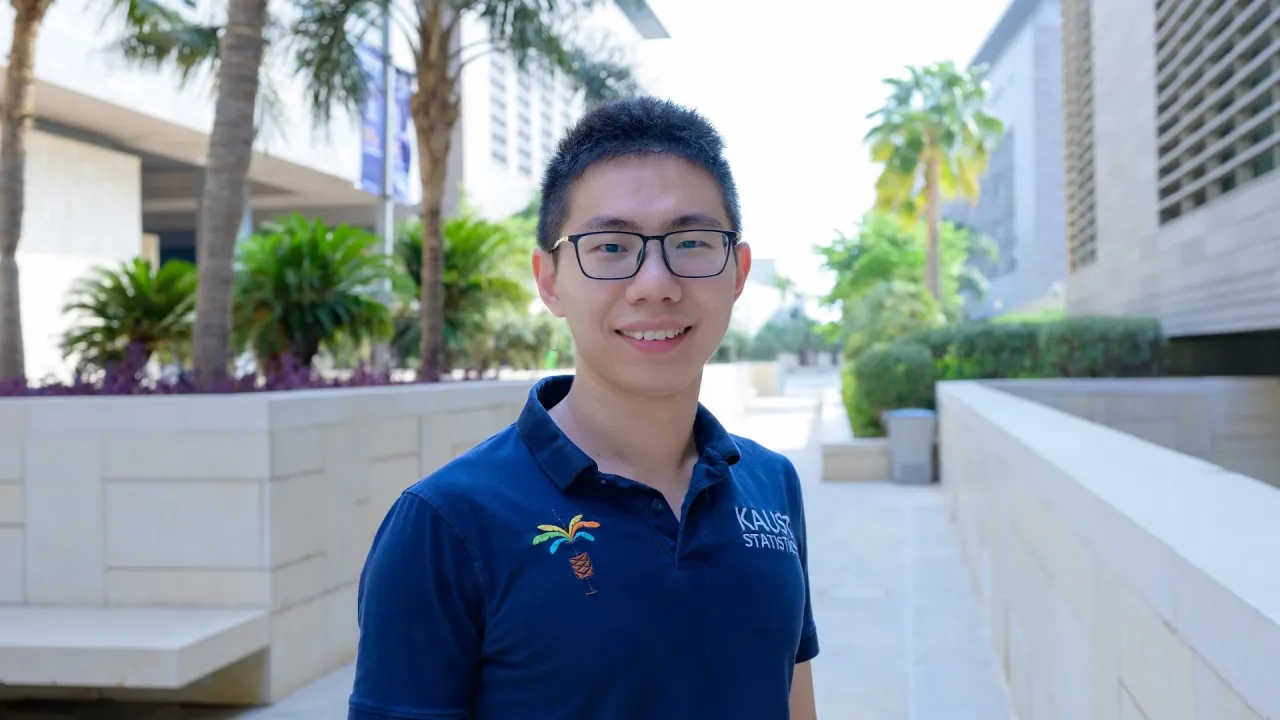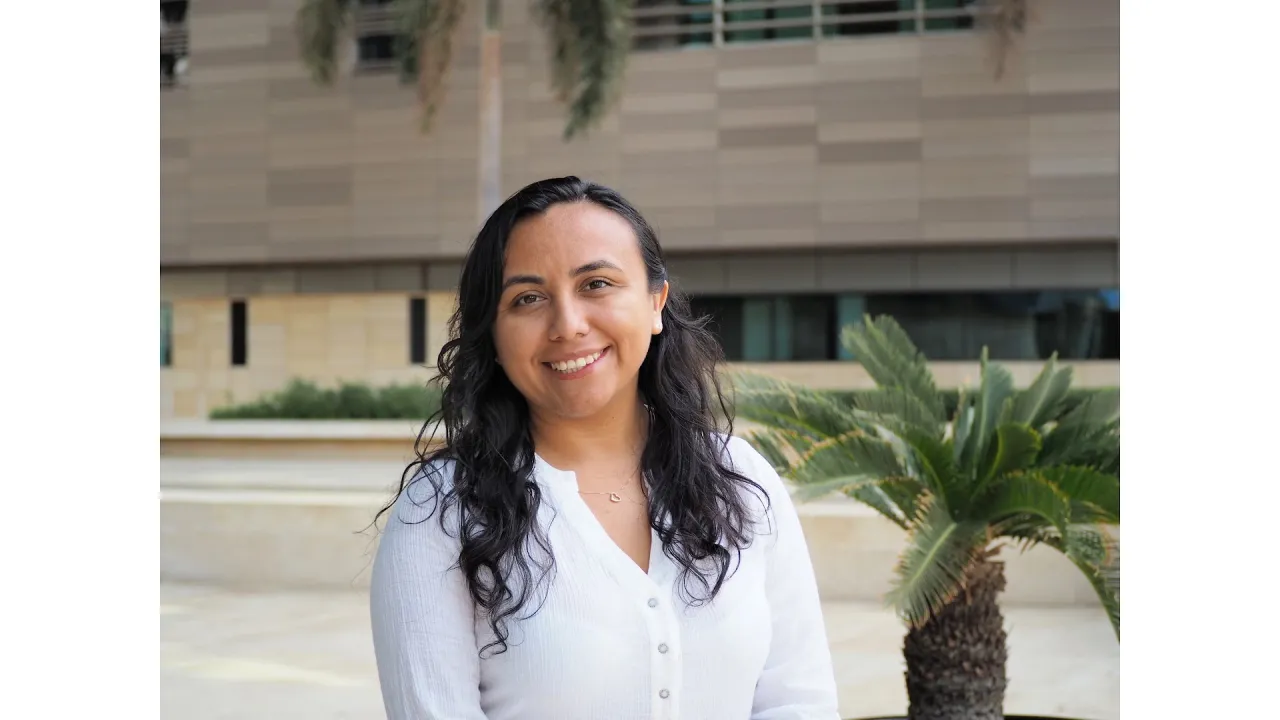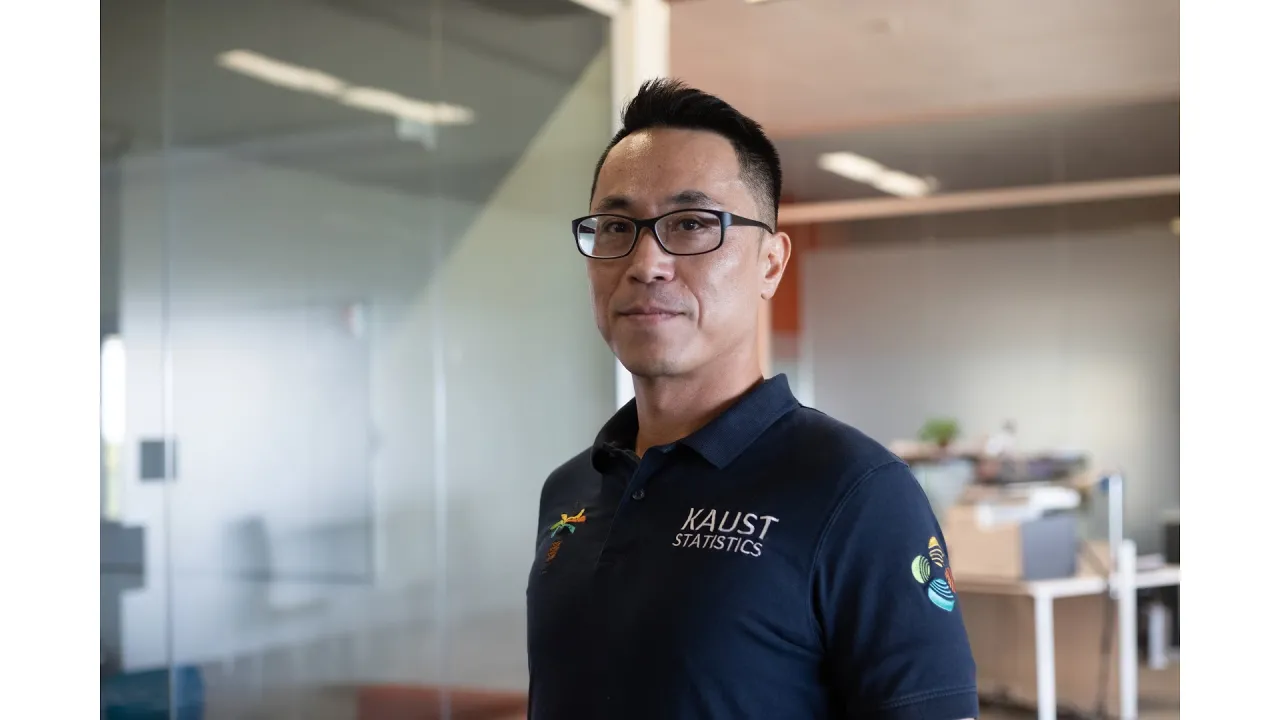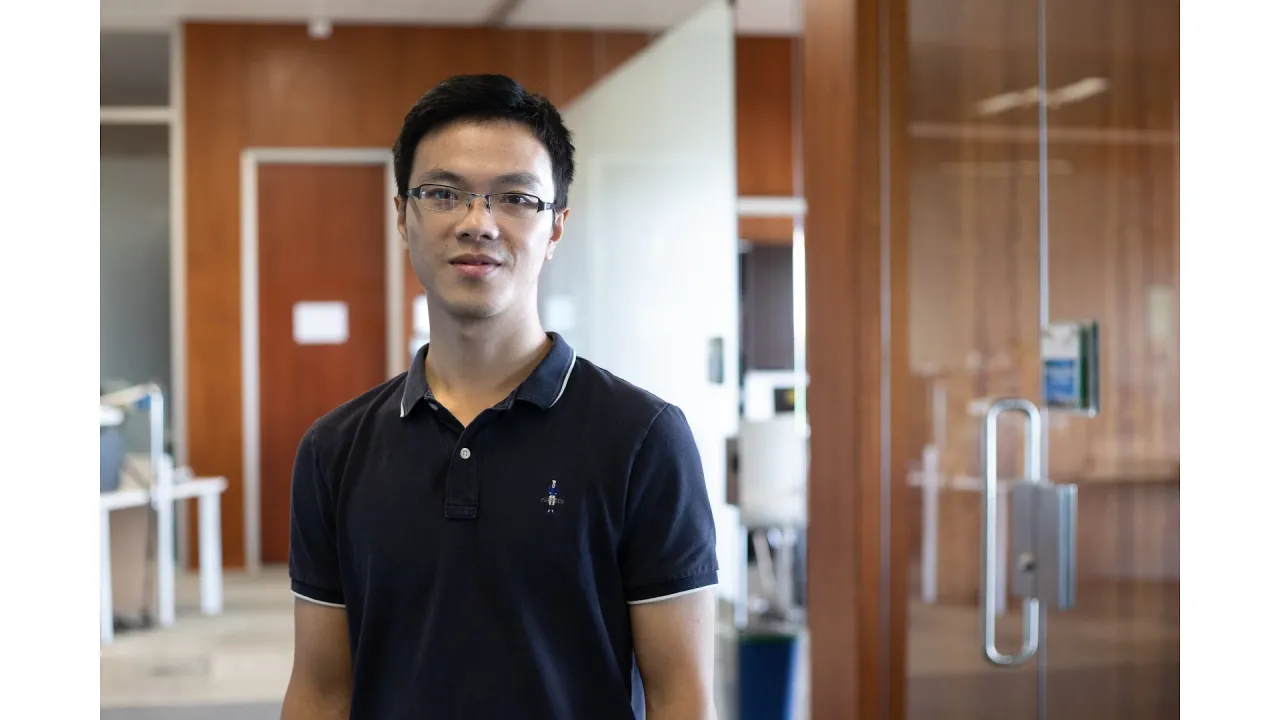Biography
Professor Ying Sun received her Ph.D. in Statistics in 2011 from Texas A&M University, U.S. Following her Ph.D., she joined the research network for Statistical Methods for Atmospheric and Oceanic Sciences (STATMOS) as a postdoctoral researcher, working at both the University of Chicago (UC), U.S., and the Statistical and Applied Mathematical Sciences Institute (SAMSI). She then served as an Assistant Professor of Statistics at Ohio State University, U.S., before joining KAUST in 2014 as an Assistant Professor.
Professor Sun has received numerous awards for her research, including the Section on Statistics and the Environment (ENVR) Early Investigator Award from the American Statistical Association (ASA) in 2017 for her significant contributions to environmental statistics. In 2016, she was honored with the Abdel El-Shaarawi Young Researcher (AEYR) Award from the International Environmetrics Society (TIES) for her outstanding work in spatio-temporal statistics, functional data analysis, and visualization, as well as her service to the profession.
Research Interests
Professor Sun’s research centers on developing statistical models and methods for complex data to address important environmental problems.
Her scientific research has contributed greatly to the understanding of environmental statistics. She is involved in the development of every aspect of spatio-temporal and functional data analysis—from developing informative graphical tools for functional data to building computationally efficient, yet physically realistic models for natural spatio-temporal processes.
Sun also works on broader engineering problems that require reliable statistical process monitoring and quality control.
